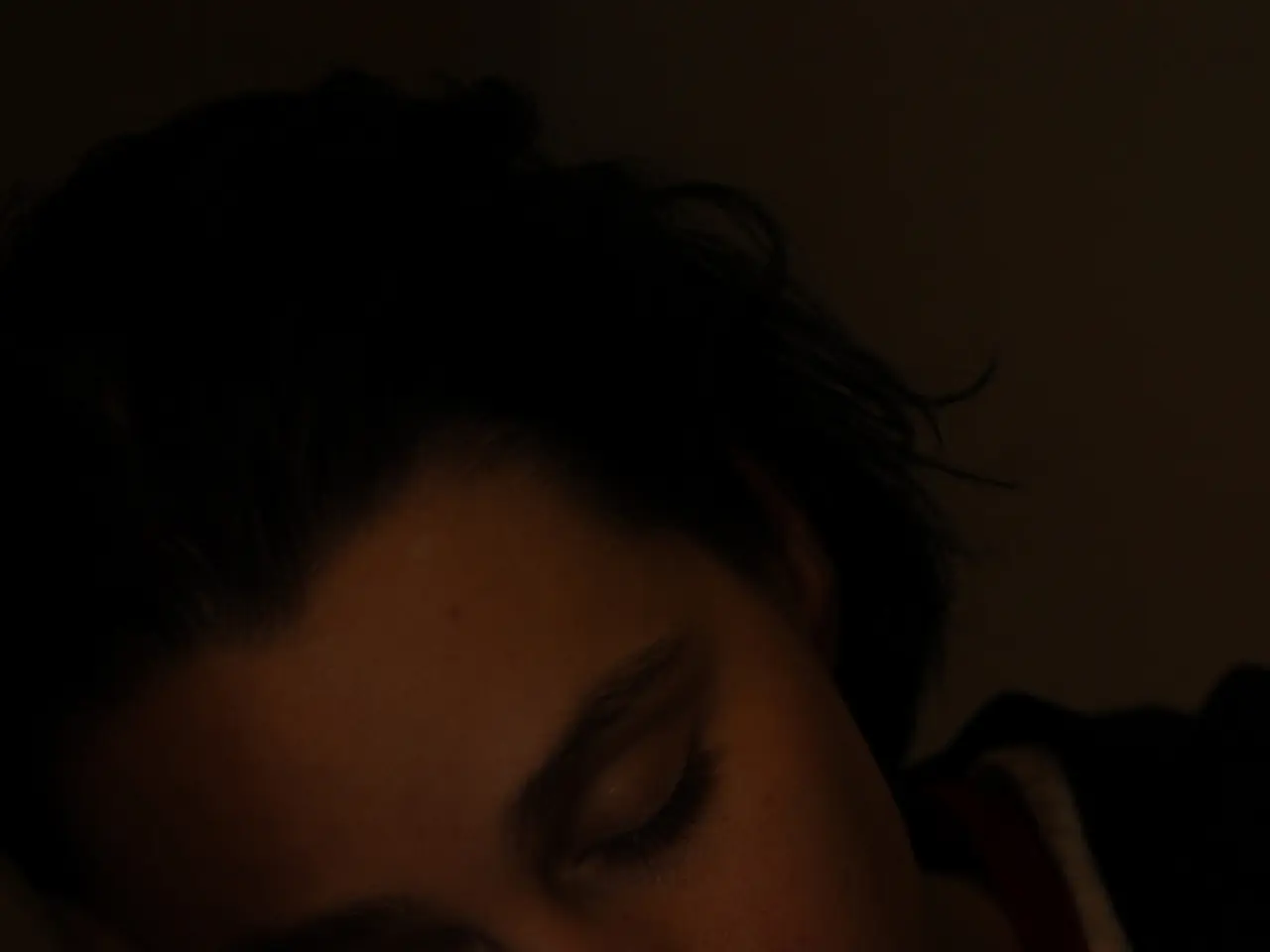Sleep Specialists Identify Professionals Capable of Diagnosing Sleep Disorders
Sleep apnea, a common sleep disorder that affects an estimated 22 million Americans, is a complex condition that often requires a multidisciplinary approach for diagnosis and management. A variety of medical specialists are involved in the process, each bringing unique expertise to address the different aspects of the disorder.
**Pulmonologists**, who specialise in diseases of the lungs and airways, are frequently central in diagnosing and managing sleep apnea, especially when it affects breathing during sleep. They may conduct pulmonary function tests and manage patients with co-existing respiratory conditions like asthma, chronic obstructive pulmonary disease (COPD), or a narrow airway.
**Otolaryngologists (ENT surgeons)**, who specialise in conditions of the ear, nose, and throat, are particularly important for diagnosing structural issues that may contribute to obstructive sleep apnea (OSA), such as nasal obstruction, enlarged tonsils, or a deviated septum. They may also perform surgical interventions in appropriate cases.
**Sleep medicine physicians**, some of whom are pulmonologists, neurologists, or psychiatrists with additional training in sleep medicine, are experts in diagnosing and treating a wide range of sleep disorders, including sleep apnea. They often interpret sleep studies and formulate treatment plans.
**Dentists specialising in dental sleep medicine** have advanced training in oral appliance therapy for sleep apnea and snoring, especially for patients who cannot tolerate CPAP (Continuous Positive Airway Pressure) machines. They are certified by organisations like the American Board of Dental Sleep Medicine and can provide custom-fitted oral appliances as an alternative to CPAP.
**Neurologists** may be consulted in cases where sleep apnea is related to neurological conditions or central sleep apnea (where the brain fails to signal the muscles to breathe).
**Primary care physicians** are often the first point of contact for patients experiencing symptoms of sleep apnea. They can initiate the referral process to appropriate specialists and sometimes coordinate care.
In cases where a sleep study is necessary, it may involve an Electroencephalogram (EEG), Electrooculogram (EOG), Electrocardiogram (EKG), Respiratory inductance plethysmography, and monitoring of leg movement and levels of oxygen and carbon dioxide in the blood.
The specific team involved in diagnosing and treating sleep apnea will depend on the type and severity of sleep apnea, as well as the presence of any underlying medical or anatomical issues. For instance, hypoglossal nerve stimulation, which involves the implantation of a nerve stimulator into a person's chest, with leads connecting to a breathing sensor and the hypoglossal nerve, may be considered for those with central sleep apnea.
In conclusion, diagnosing and treating sleep apnea is a collaborative process involving pulmonologists, otolaryngologists, sleep medicine physicians, dental sleep medicine dentists, neurologists, and primary care providers. Each specialist brings unique expertise to address the different aspects of the disorder, ensuring that patients receive comprehensive and effective care.
Sleep medicine physicians, who specialize in diagnosing and treating a wide range of sleep disorders, often interpret sleep studies and formulate treatment plans that can improve a patient's sleep health-and-wellness and mental-health. Dentists specializing in dental sleep medicine, with advanced training in oral appliance therapy, provide custom-fitted oral appliances for patients who cannot tolerate CPAP machines, which can aid in alleviating snoring and sleep apnea. Science plays a crucial role in identifying better treatment methods, as seen in the development of hypoglossal nerve stimulation for those with central sleep apnea, demonstrating the importance of this field in addressing complex conditions like sleep apnea.




